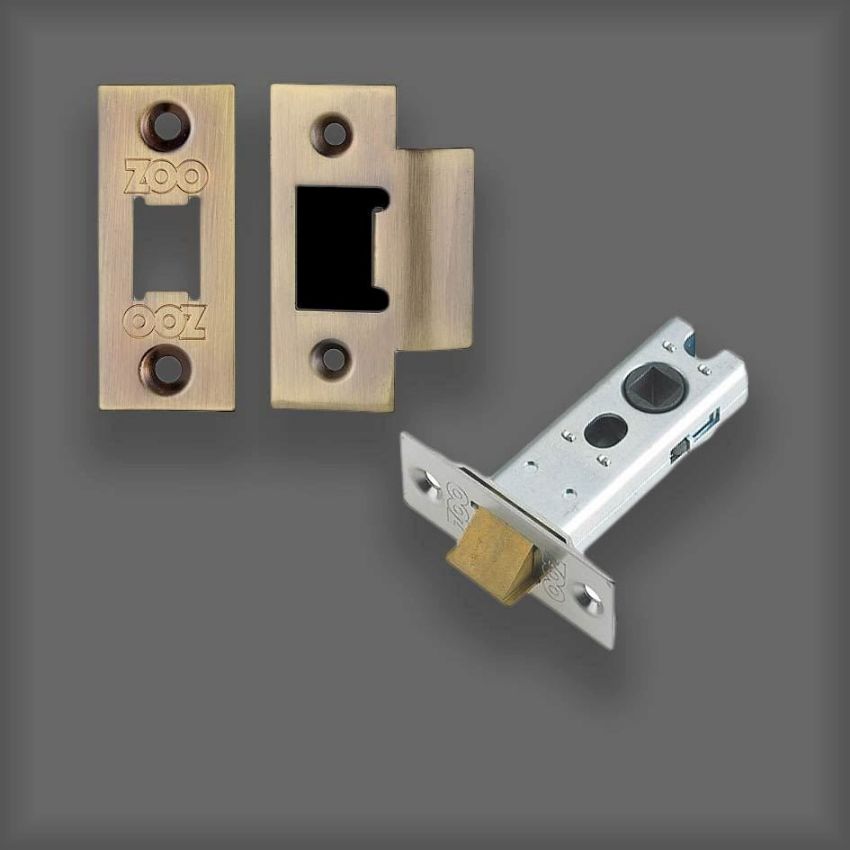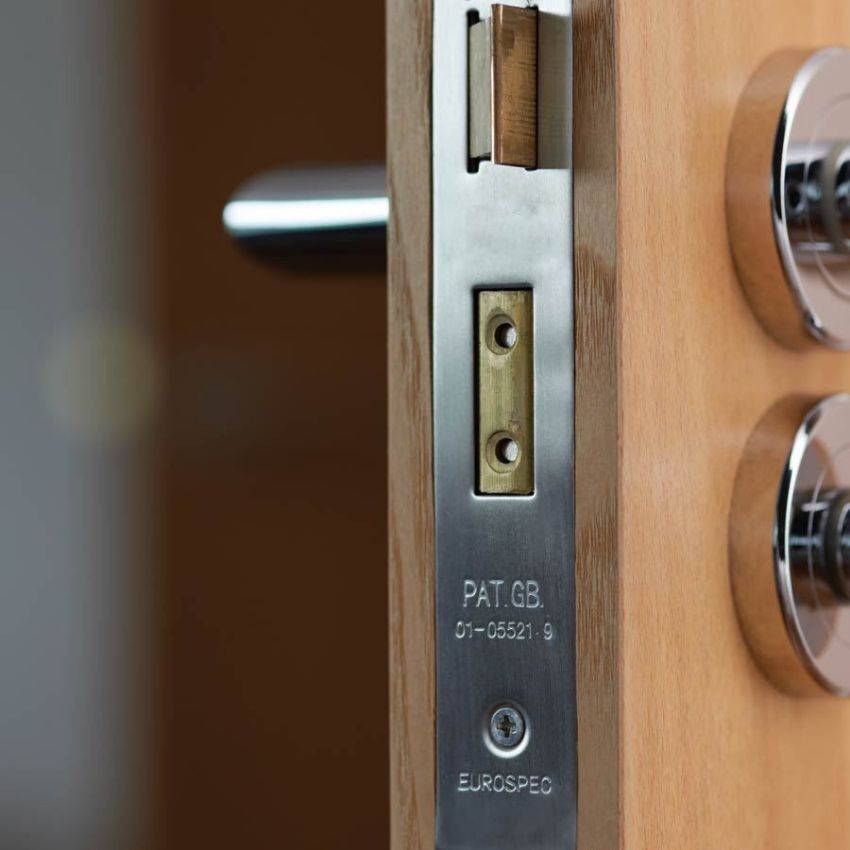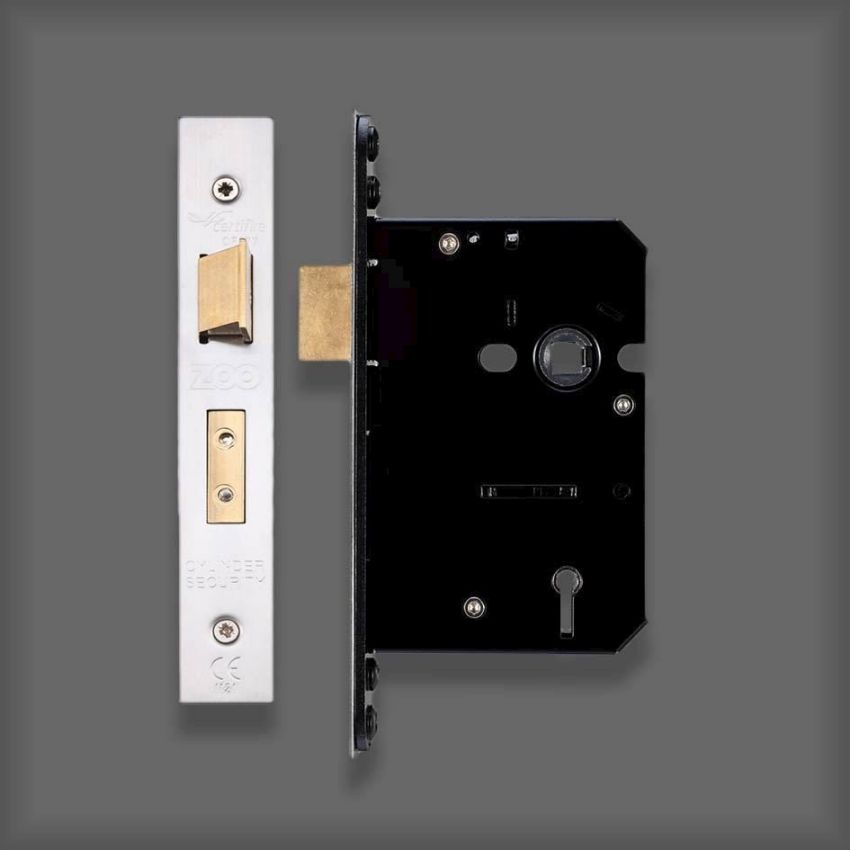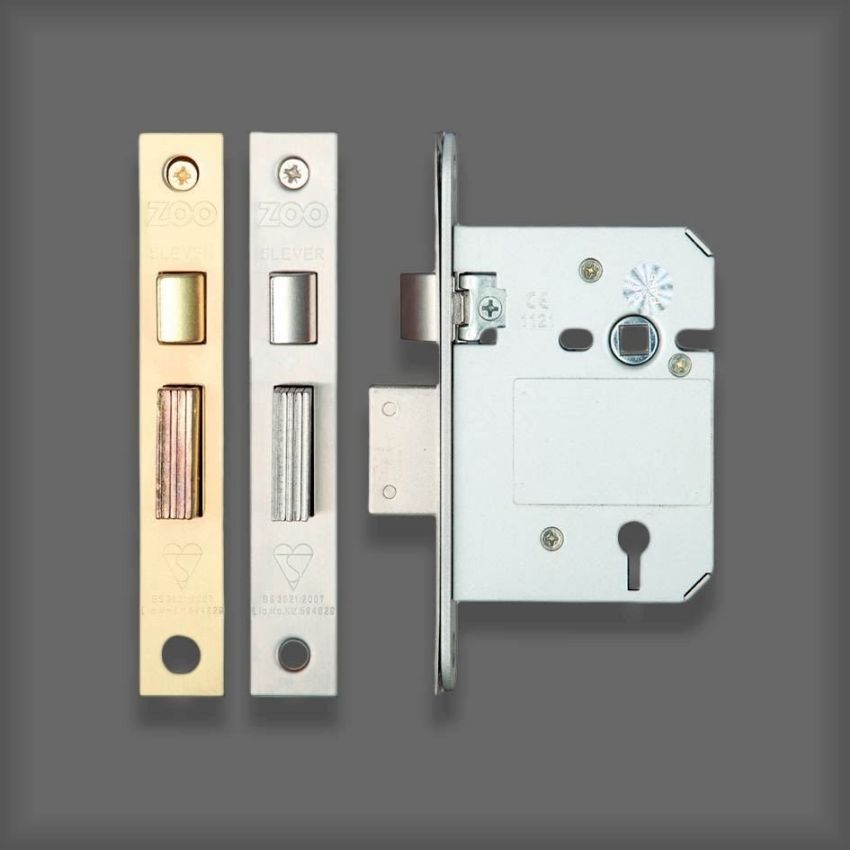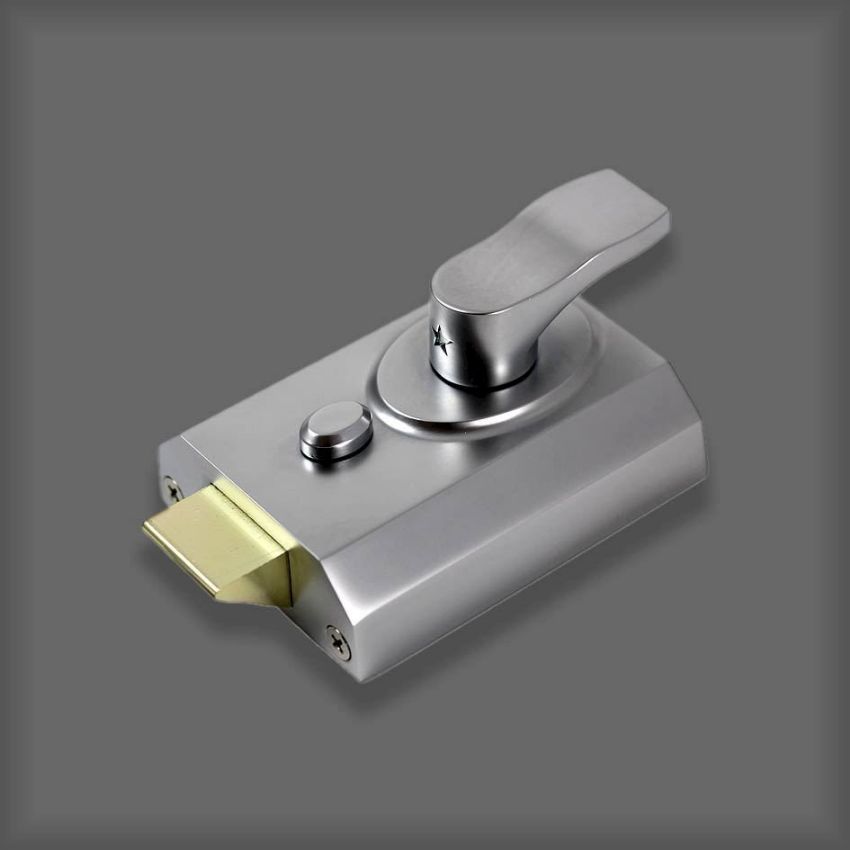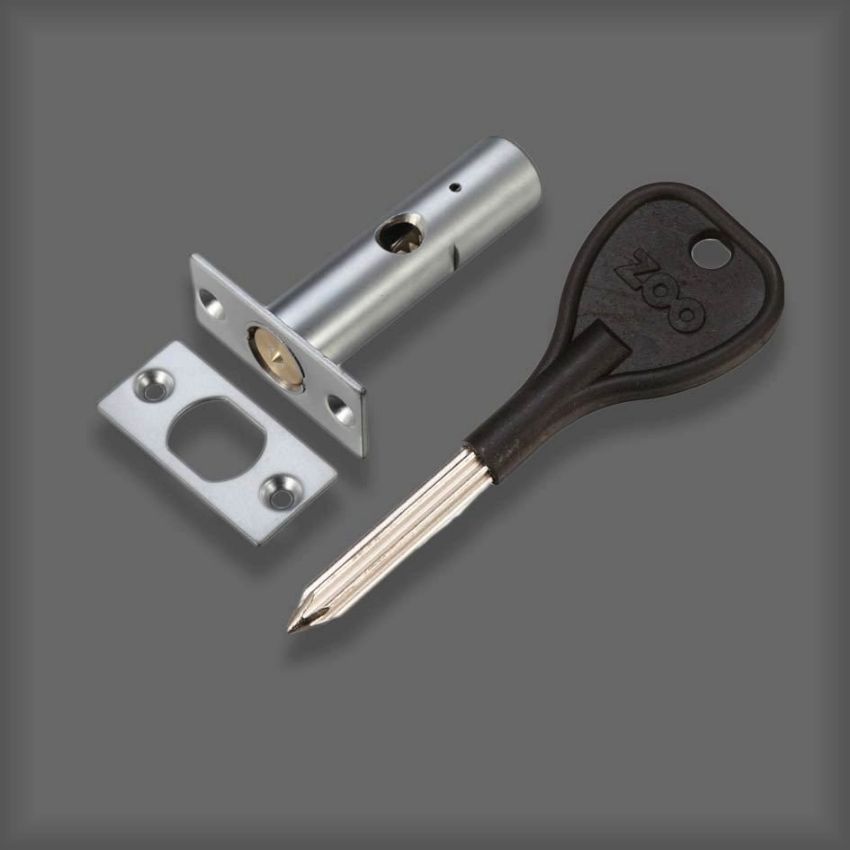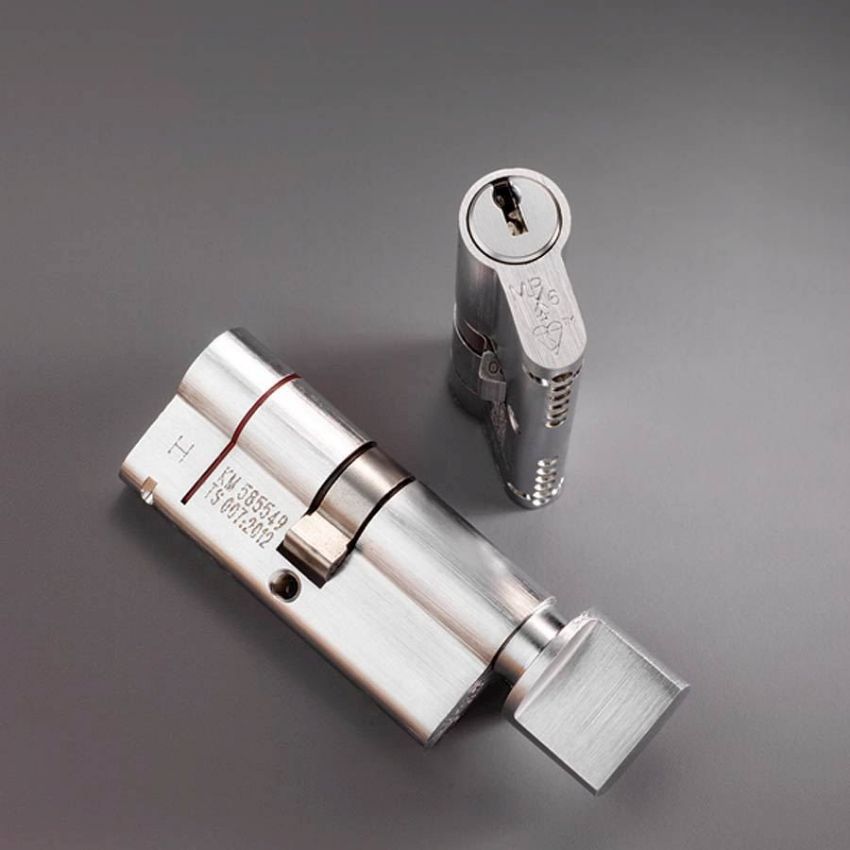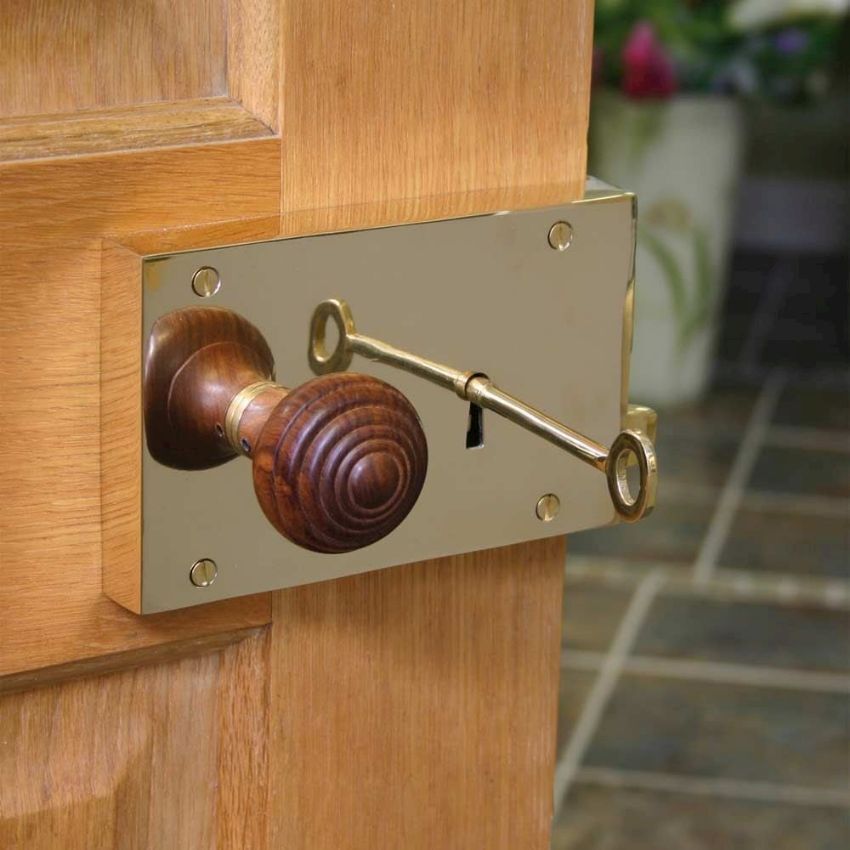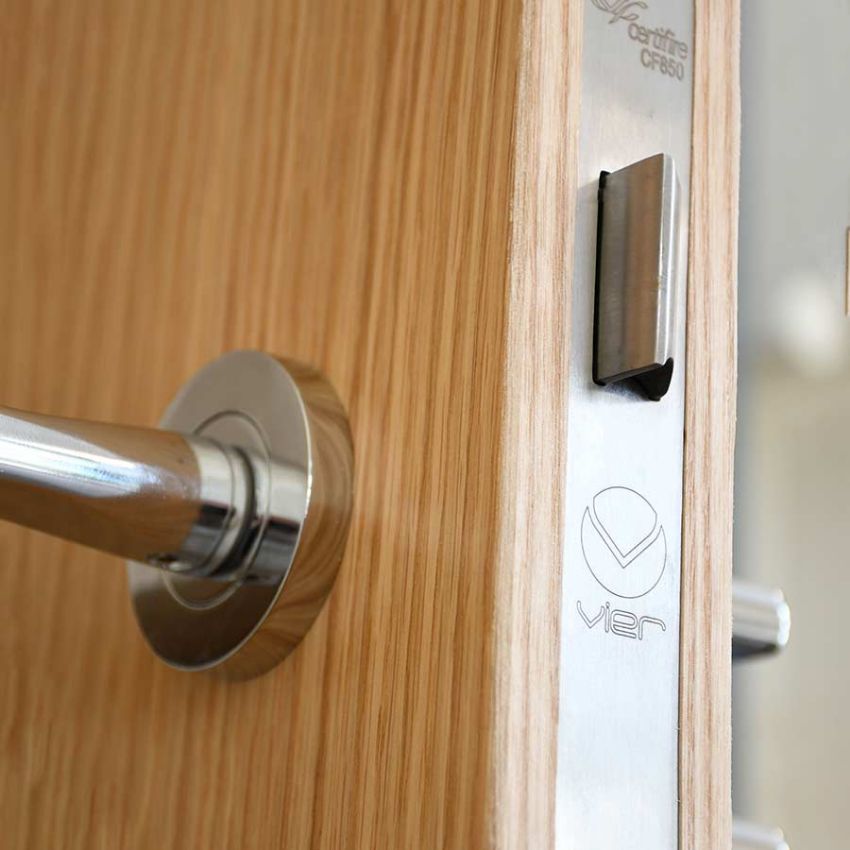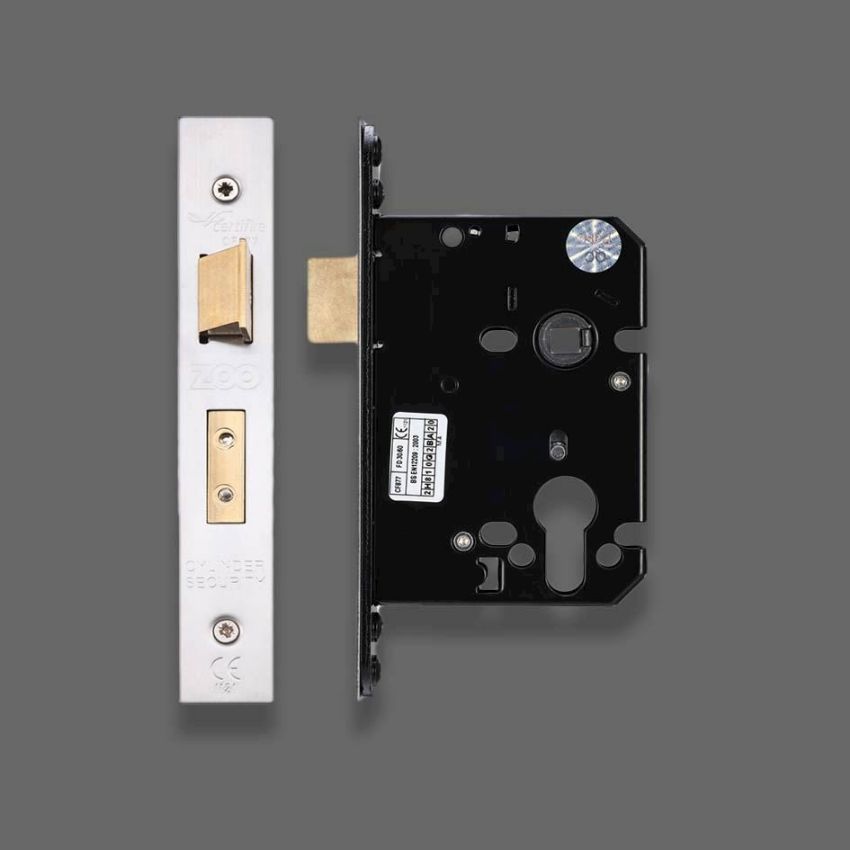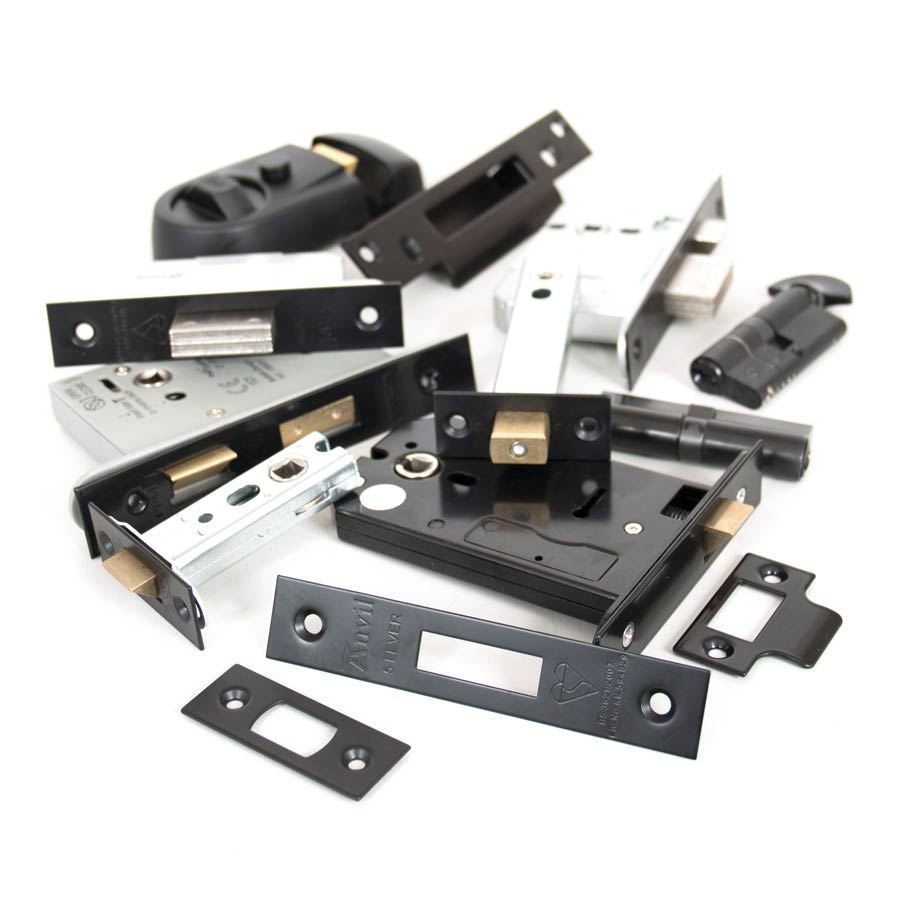
Door Locks and Security
Door locks and latches play a crucial role in ensuring the security and functionality of residential and commercial properties. These components are essential for keeping doors securely closed and providing controlled access to buildings.
At Simply Door Handles we stock a complete range of locks and latches in a variety of finishes.
Here's an explanation of some common types of door locks and latches used in the UK:
Mortice Locks: Mortice locks are commonly used in wooden doors. They are installed within the door itself, requiring a pocket (mortice) to be cut into the door where the lock is fitted. Mortice locks come in various types, including sash locks and deadlocks. 5 lever locks typically provide a high level of security and are often preferred for external doors.
Cylinder Locks: Cylinder locks, also known as Euro cylinder locks, are widely used in UPVC and timber and composite doors. They consist of a cylinder that fits into the door in conjunction with a euro cylinder lock and operates with a key. Cylinder locks are often found in conjunction with multi-point locking mechanisms, providing enhanced security by locking the door at multiple points along its frame.
Night Latches: Night latches, are surface-mounted locks typically installed on the inner surface of the door. They feature a latch bolt that automatically locks when the door is closed and requires a key to open from the outside. Night latches are commonly used alongside other locks for additional security, especially on wooden doors.
Bathroom Locks: A bathroom door lock is a type of lock specifically designed for use on bathroom and WC doors to provide privacy and security. These locks typically have a deadbolt mechanism that allows the user to lock the door from the inside to prevent entry while the bathroom is in use. They are used with bathroom door handles on a backplate or rose handles with wc turns and often feature a knob or lever that can be turned to engage the locking mechanism, and they may also have a release mechanism on the outside in case someone accidentally gets locked inside.
Latch Mechanisms: Latch mechanisms are simpler devices commonly used on internal doors as a mechanism to keep a door in its closed position. They feature a latch bolt that can be retracted by pressing down a door handle or turning a doorknob from the inside.
Din Locks: DIN locks are a type of lock mechanism commonly used in Europe, particularly in Germany, where "DIN" stands for "Deutsches Institut für Normung," which translates to "German Institute for Standardization." DIN locks adhere to specific standards set by this institute. These locks are often known for their durability, reliability, and adherence to standardized specifications, making them widely accepted across European countries. DIN locks come in various types and configurations, including mortice locks, cylinder locks, and latches. They can be found in residential, commercial, and industrial settings.
Insurance Approved Locks: Timber doors which are final exit doors must have at least one lock fitted which has been tested and certified to BS3621. This is the security standard that many insurance companies require.
Door locks and latches are subject to British Standards and are often recommended by insurance companies to meet certain security requirements for home insurance purposes on external doors. It's essential to choose locks and latches that are appropriate for the level of security or performance needed for each specific door and property. Additionally, professional installation by a qualified locksmith or joiner is recommended to ensure proper function and security.


















